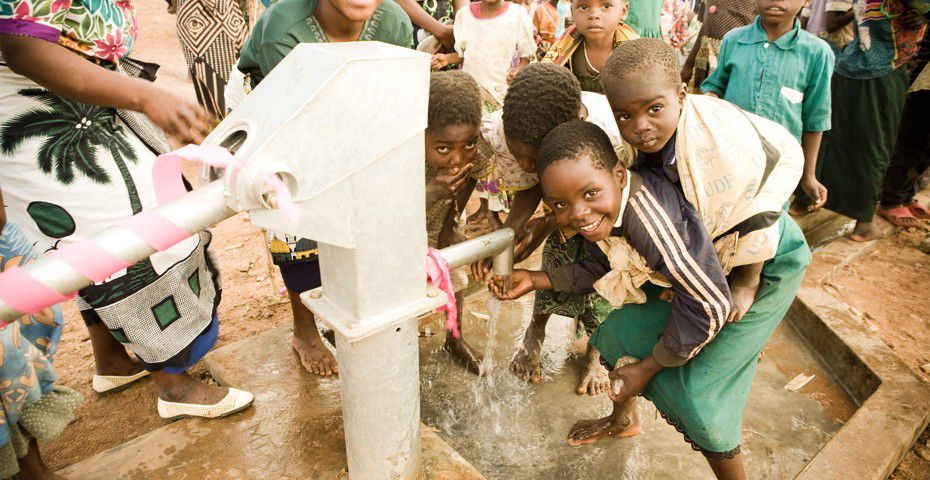OUTA's CAPE TOWN WATER STRATEGY
OUTA's CAPE TOWN WATER STRATEGY
The City of Cape Town (CoCT) is to be
commended for preparing a new water strategy paper (in current draft format) as
part of its Water Service Authority mandate and making provision for public
participation in reviewing the draft document. This is especially important in
light of the severe drought (2015 – 2017) recently experienced in the Cape and
the public’s understandable (and justifiable) concern with regards to the
quality, transparency and accountability of long-term water security
planning.
OUTA’s review of the
strategy paper has found that the document is fairly comprehensive and
generally a positive step forward in improving transparency and accountability.
However, there are some real concerns
with regards to the following:
Water Use & Pre-Drought Norms
OUTA is of the opinion that CoCT residents will revert back to pre 2015 drought norms unless block tariff pricing is fairly and efficiently implemented, without any political and/or economic outlook interfearence. Water management within the municipality must also be seriously addressed, ensuring incentive based behaviour modification and water security health checks are successfully implemented.
Augemented Water Recommendations from the NDP
The National Government has provided recommendations through the National Development Plan and Department of Water and Sanitation which should be considered at all times, these have not been noted in the strategy. City of Cape Town knew as far back as 2007 of their need to increase water supply through the DWS, this warning was over looked and led to the 3 year drought currently being experienced in Cape Town.
Provision for Private Sector Waste-Water Re-Use incentives
There are insufficient SMART incentives for private sector to make cost effective raw or treated waste water at selected discrete locations. Allowing further treatment, by the private sector, with a saving on consumable water usage. This incentive can also be a stimulant for further job opportunities. It must be recognised that not all industrial / commercial customers require consumable water for all operations.
Growth & Urbanisation Projections Affecting Future Water Demand
The Strategy Paper fails to mention the estimated population growth adopted ,for each of the four scenarios (refer to attached PDF document) as well as the most likely Base Case Plan scenario . Between 2000 and 2015 the CoCT experienced a population increase of around 30% however future population growth this has not been taken into consideration.
Tariffs and Pricing
The Strategy Paper fails to clearly mention what checks and balances will be used to ensure pricing reflects customers’ ability to pay. Nor does it clearly highlight who oversees the CoCT when setting new tariff structures. The role of DWS and timescale for periodic reviews must be highlighted.
Tariff Structure Going Forward
It is considered wise and preferable to make known the expected tariff pricing band with annual increases (where appropriate) for the next 5 years leading up to 2023 . Alternatively clear dates should be provided for when this information will be published. It is also recommended that tariff pricing be developed for each of the modelled scenario’s to sense-check financial viability of high-demand and stepped climate change scenarios. This will allow for greater transparency and accountability.
OUTA’s detailed list of commentaries with regards to the CoCT’s Water Strategy can be downloaded HERE
It is strongly recommended that the CoCT review and adopt further recommendations as set out in this commentary to ensure highlighted shortcomings can be addressed.
If you would like to support the work your OUTA Cape Town Branch is doing for you please click here
OUTA is a proudly South African civil action
organisation, that is purely crowd funded. Our work is supported by ordinary
citizens who are passionate about holding government accountable and ensuring
our taxes are used to the benefit of all South Africans.
JOIN AS AN INDIVIDUAL JOIN AS A BUSINESS
